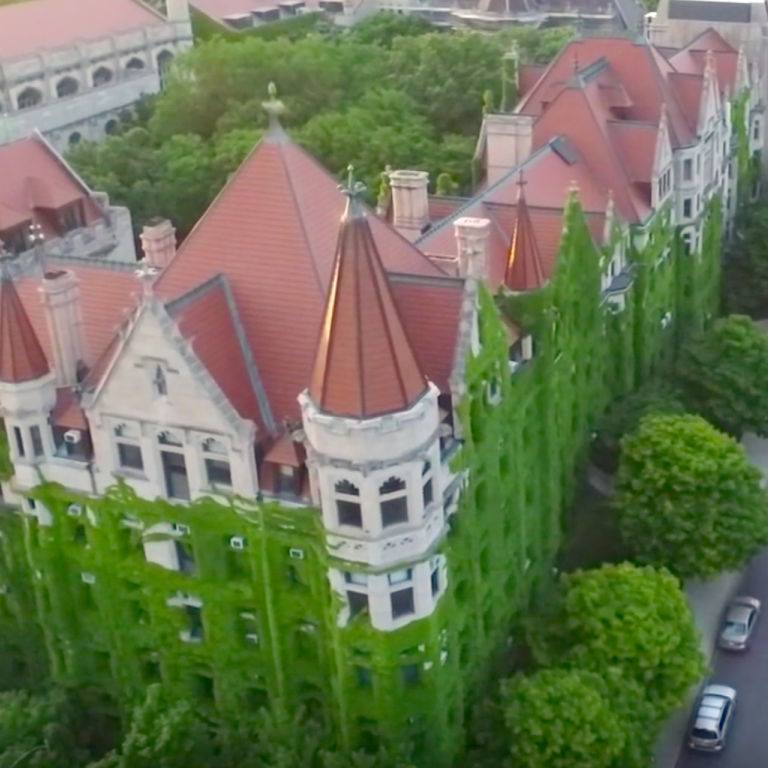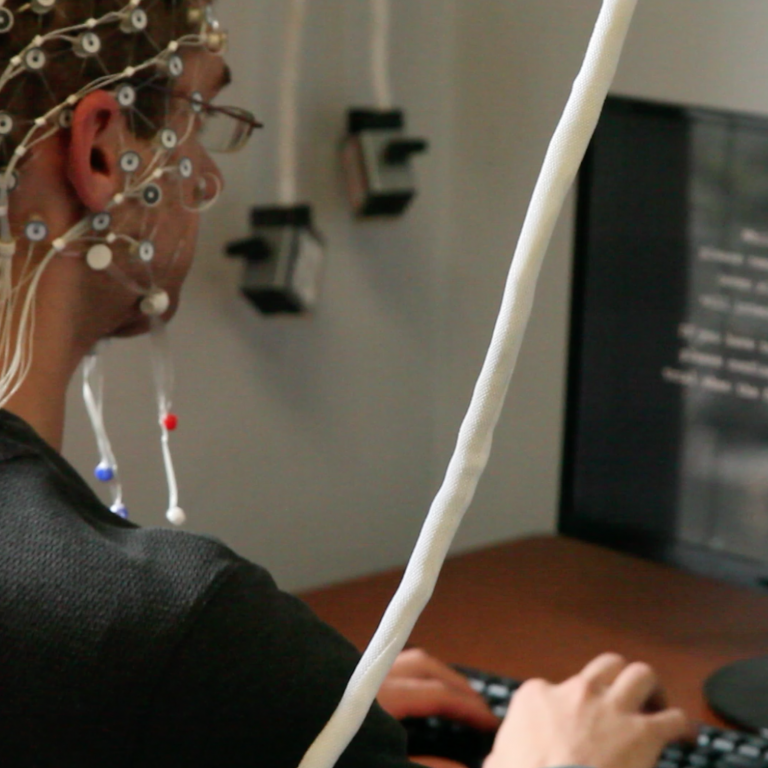by Sawsan Eskander, Dhaka Tribune
How did the world become so polarized?
Her Majesty, Queen Rania of Jordan, appropriately used the term “grey-blind” to describe the current polarization in the world. Our views are black and white and unfortunately, we are not able to see the in-betweens. It is in the greys that dialogue, communication, empathy, and coexistence are possible, and where a path exists that will help us co-exist with multiple perspectives.
How did we become so polarized? It is because we live in bubbles that we purposefully constructed, which has left little room for diversity. We only associate with people of similar political ideologies and shy away from engaging in constructive debates with those holding different political views.
Our leaders continue to divide us by painting a hostile picture of the outgroups so that they can retain the loyalty of their supporters. We are committed to remaining divided, thus perpetuating the cycle of intolerance.
Polarization in Bangladesh has possibly cost us our democracy. We moved from a liberal democratic nation to one that only features elements of democracy -- such as continuing to hold elections, which are allegedly rigged and controlled by the incumbent government.
You would expect that a global pandemic would unite us so that we could pool our resources to fight the deadly virus together. Instead, politics takes priority over saving lives, as it has in other countries. We have denied the severity of the pandemic to be able to celebrate the long-awaited 50 years of Bangladesh’s independence, risking thousands of lives.
The perils of autocracy, religious extremism, and war looms over us as we continue to be passive about a fragmented world. It is time to be serious about bridging divides.
Perspective-taking is one way to address polarization. What is perspective-taking? It is putting oneself in the shoes of another to understand the other’s lived experiences. For example, writing about a day in the lives of refugees, combatants, racial minorities, shadowing a person with special needs, hearing stories from victims of violence, etc.
Studies show that our attitudes towards outgroup members improve if we participate in such activities. However, only the dominant group benefits from perspective-taking. Minorities feel they need to be heard by the dominant groups and therefore they benefit from perspective-giving.
Today, there are many innovative products that use gaming technologies and virtual reality (VR) to increase understanding. For example, Quandary is an online game for children aged 8-14 to foster ethical decision-making, critical thinking, and perspective-taking skills. In this game, players are faced with moral dilemmas in an alternative world, and they need to find solutions by listening to various perspectives.
The Enemy is a virtual reality experience designed by the war photographer Karim Ben Khelifa that brings to life real stories of combatants from both sides of the same conflict such as Israelis and Palestinians.
Khelifa’s goal is to help viewers better understand the people in a conflict and to realize that these enemies are similar in many ways and have a lot of common ground. Visitors of this VR experience were drawn into the combatants’ stories as the experience felt more personal than reading about them in the news.
In a field experiment conducted in the US, door-to-door canvassers shared narratives about outgroup members, for example about undocumented immigrants, with people who held biases against this outgroup. The study showed that sharing narratives tempered the negative attitudes of the listeners towards the outgroup.
Dr John Gottman, an expert on marriage counseling, asks couples to practice perspective-taking skills by having one partner listen and take notes while the other speaks. He then asks the listener to summarize what she heard, which is then verified by the speaker.
A powerful activity to ensure that we are listening carefully, which leads to better understanding and increased empathy. If Dr Gottman can repair personal relationships using these methods, can we not adopt similar practices to de-escalate political, religious, familial, and other conflicts?
Community organizations and schools should implement these perspective-taking and perspective-giving activities. We can adopt experiences like The Enemy and Quandary in primary and secondary schools to engage children in perspective-taking activities. Storytelling is an effective way to increase empathy and tolerance for those with opposing views.
Local organizations can mobilize on-the-ground forces to share stories about marginalized groups. We can measure the impact of these programs and the data can then inform future designs of interventions for addressing polarization.
We need to listen to one another, feel more empathy towards outgroups, expand our circles of concern, and learn to coexist with others on that third grey path. We need to acknowledge our differences and still find common ground so that we can maintain civility, respect, and peace. Most importantly, we need to teach our children these life skills so that they can create a more compassionate and tolerant world.



